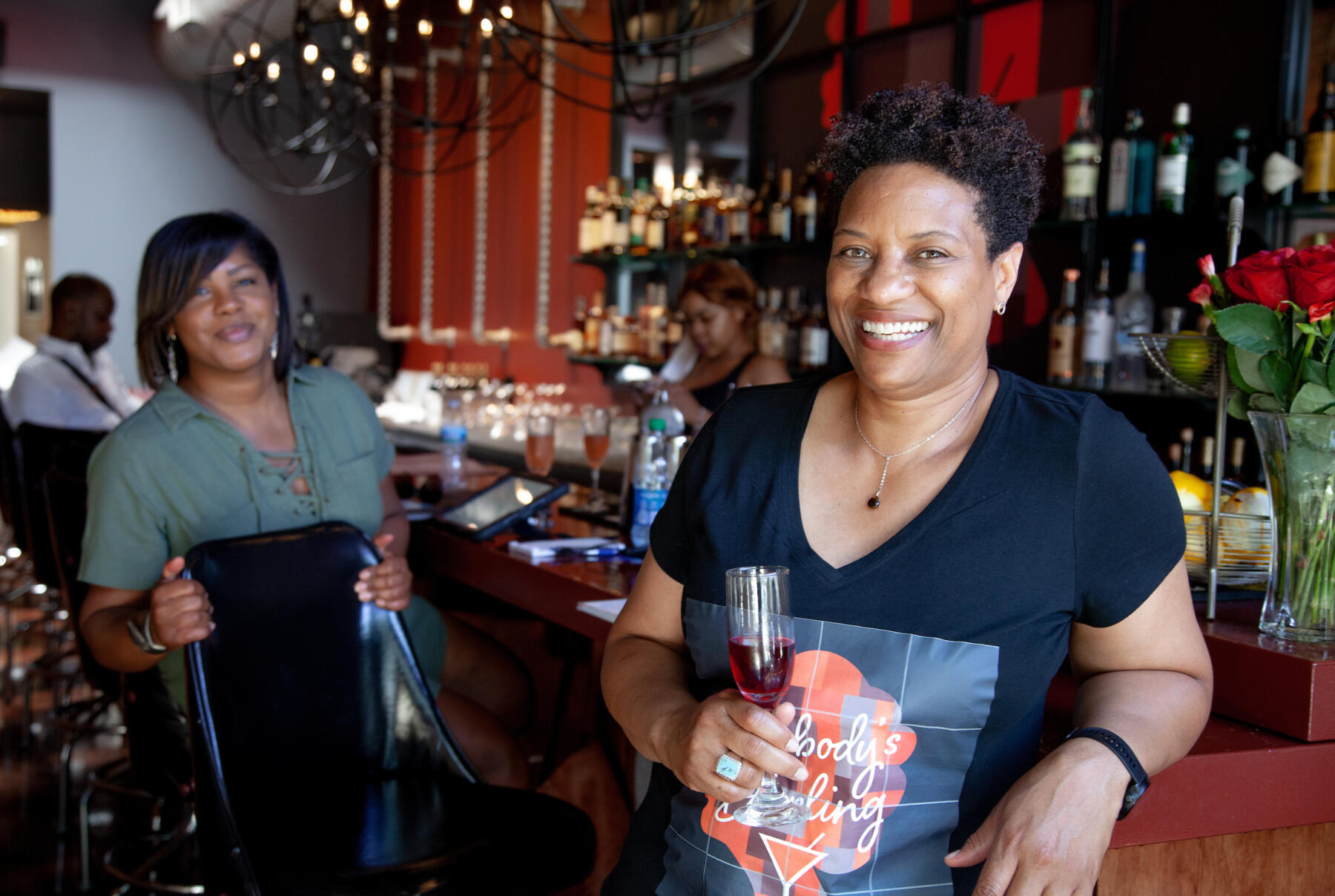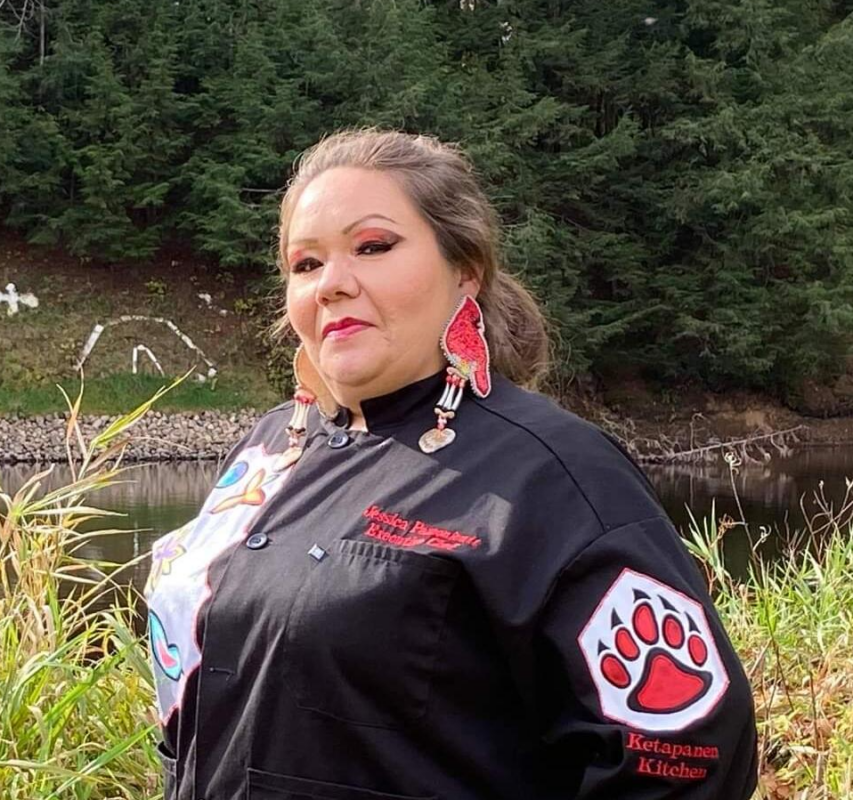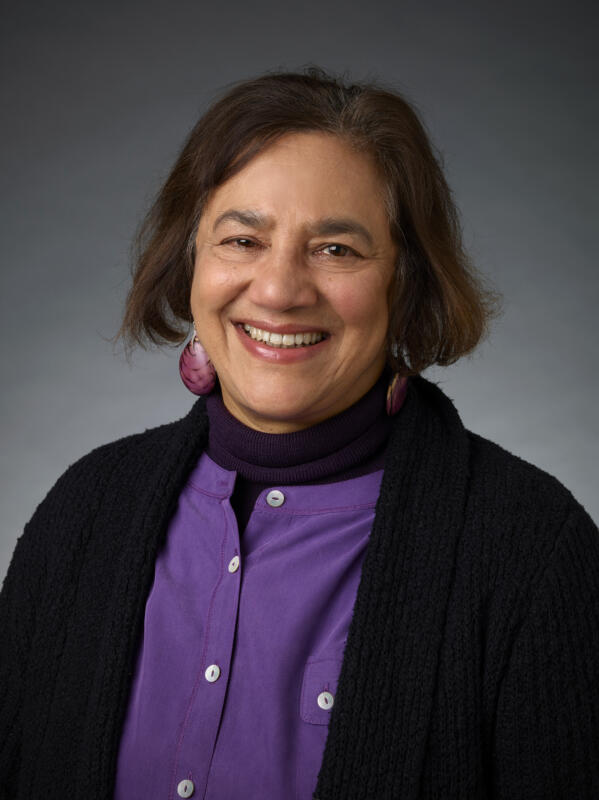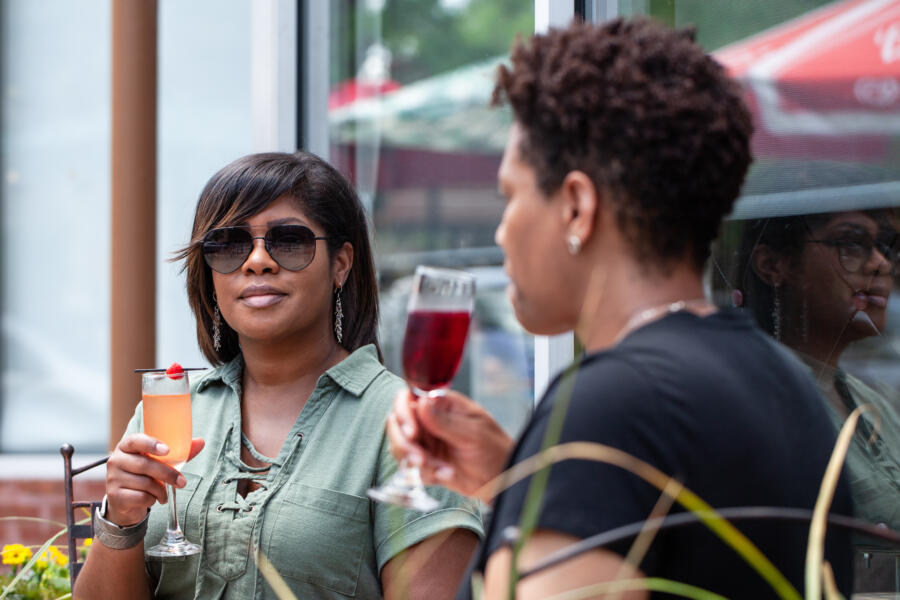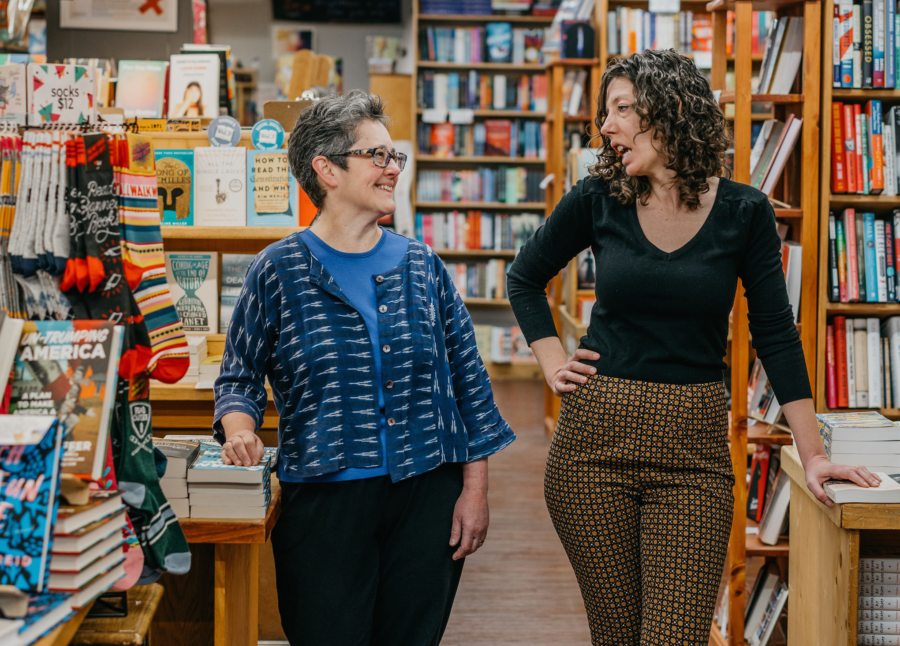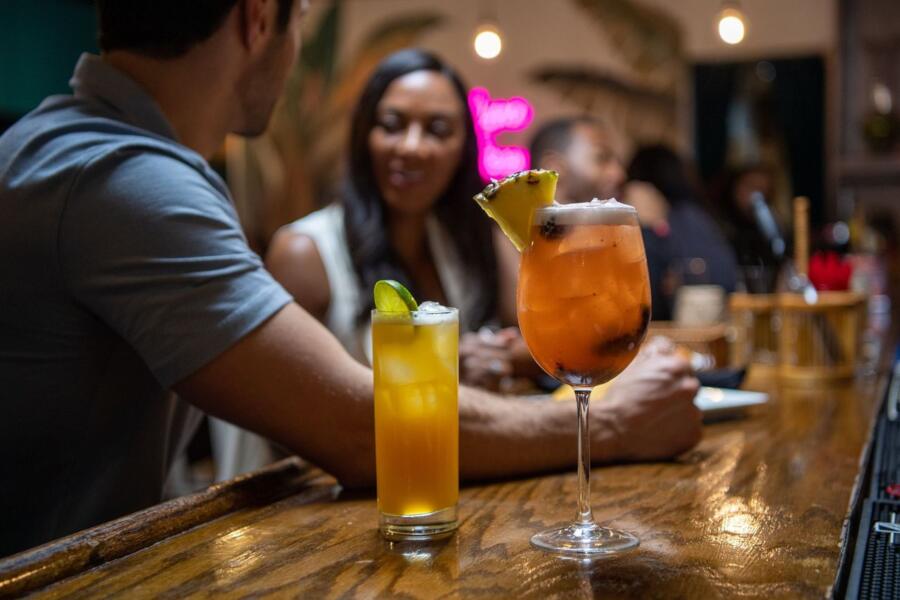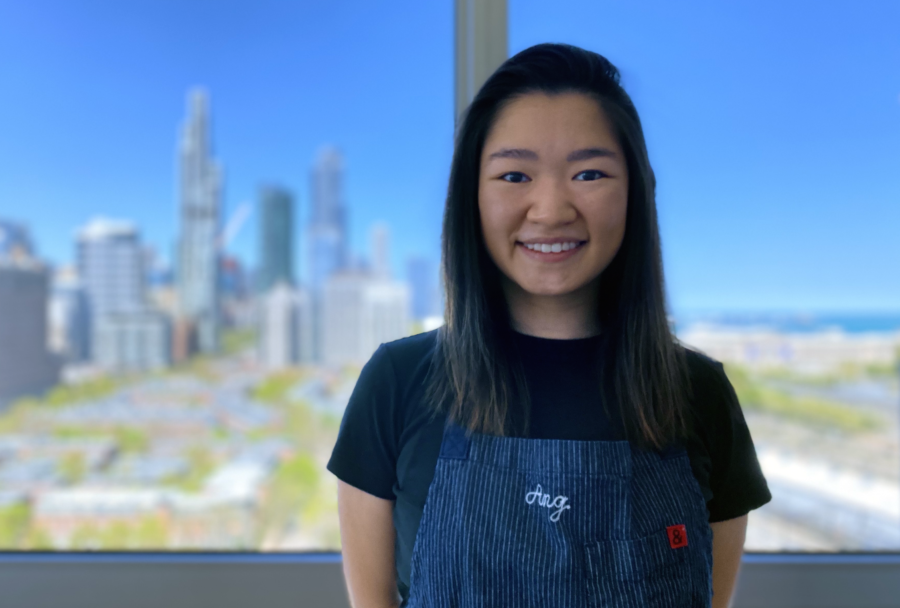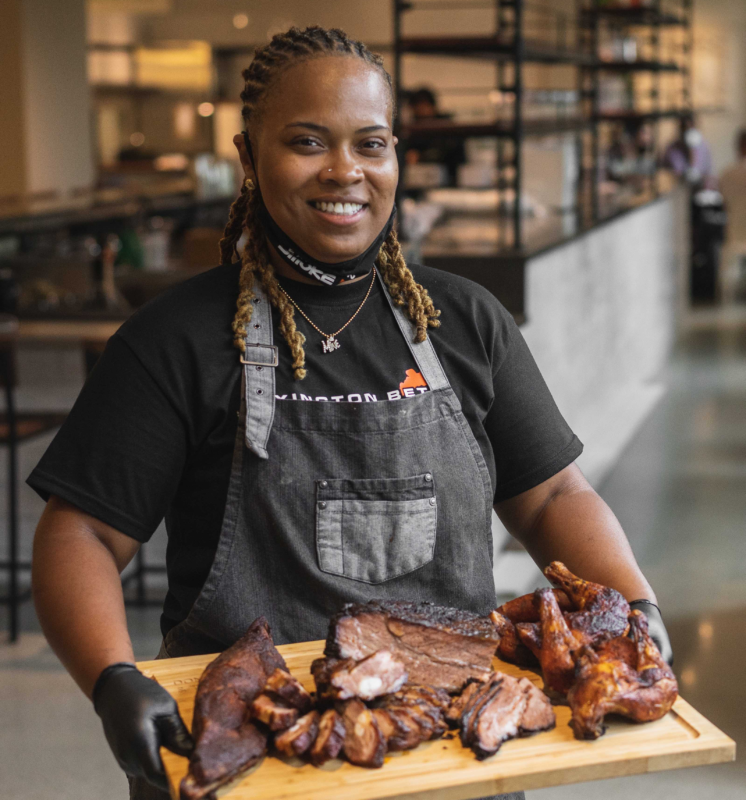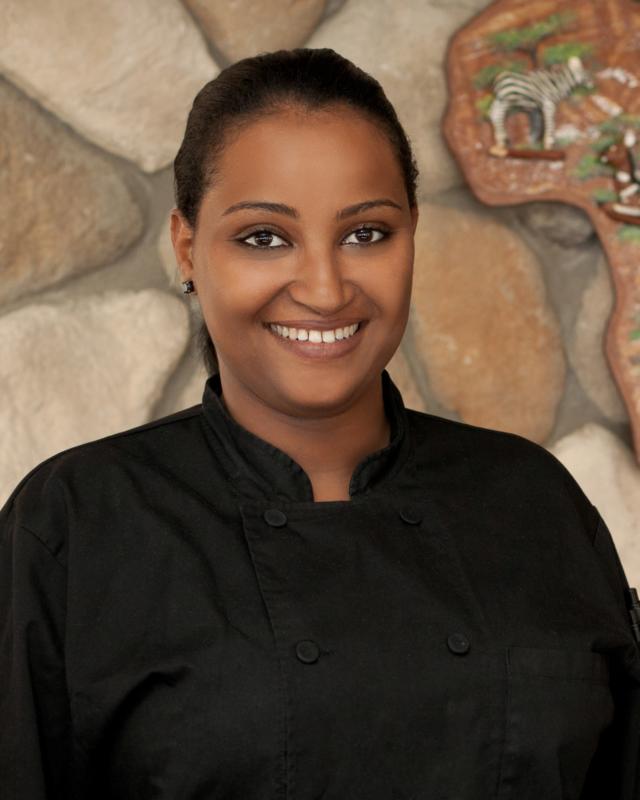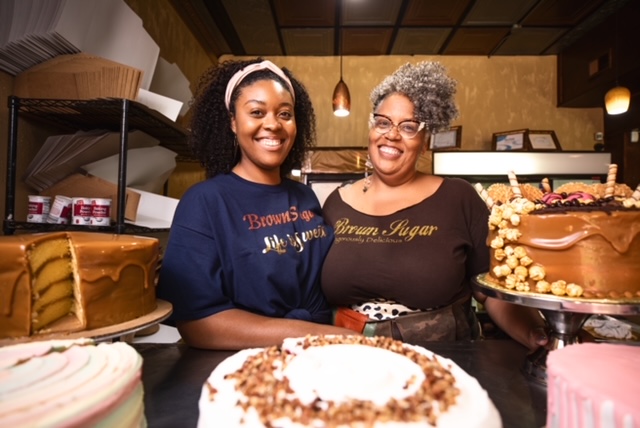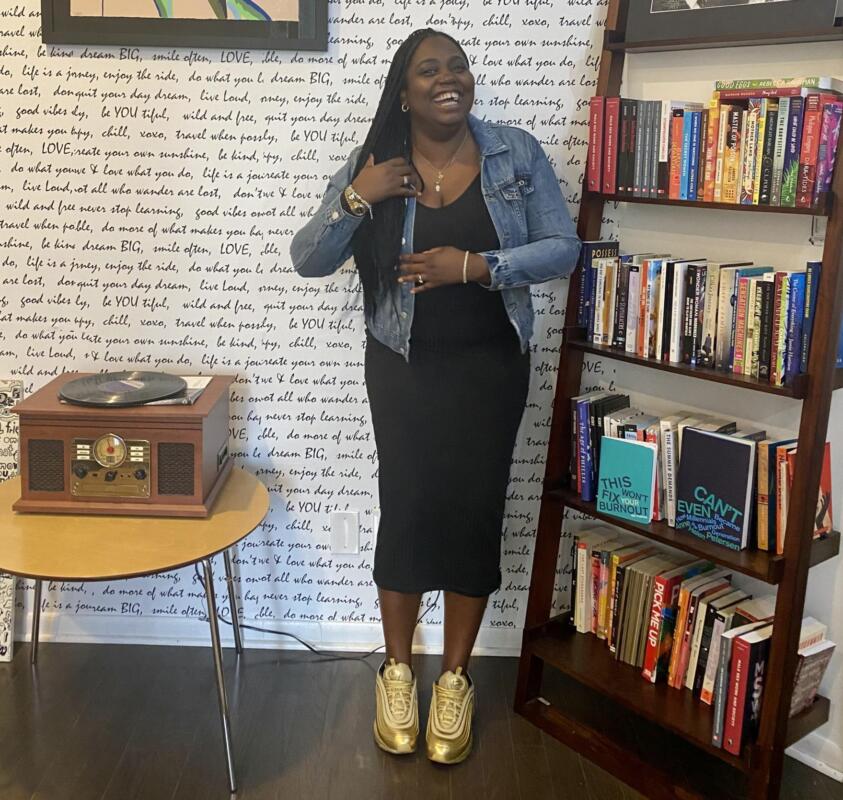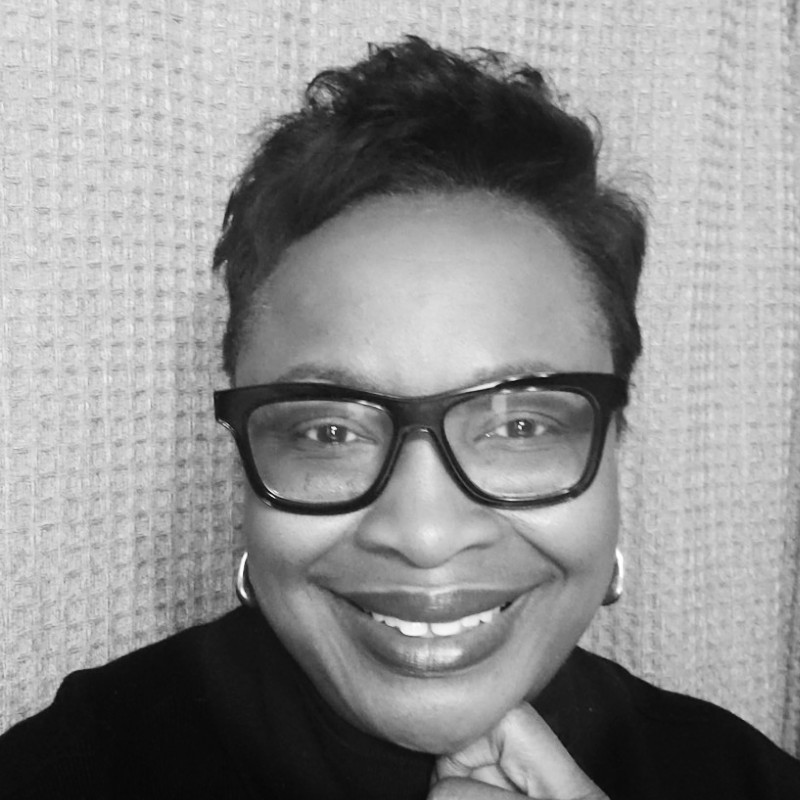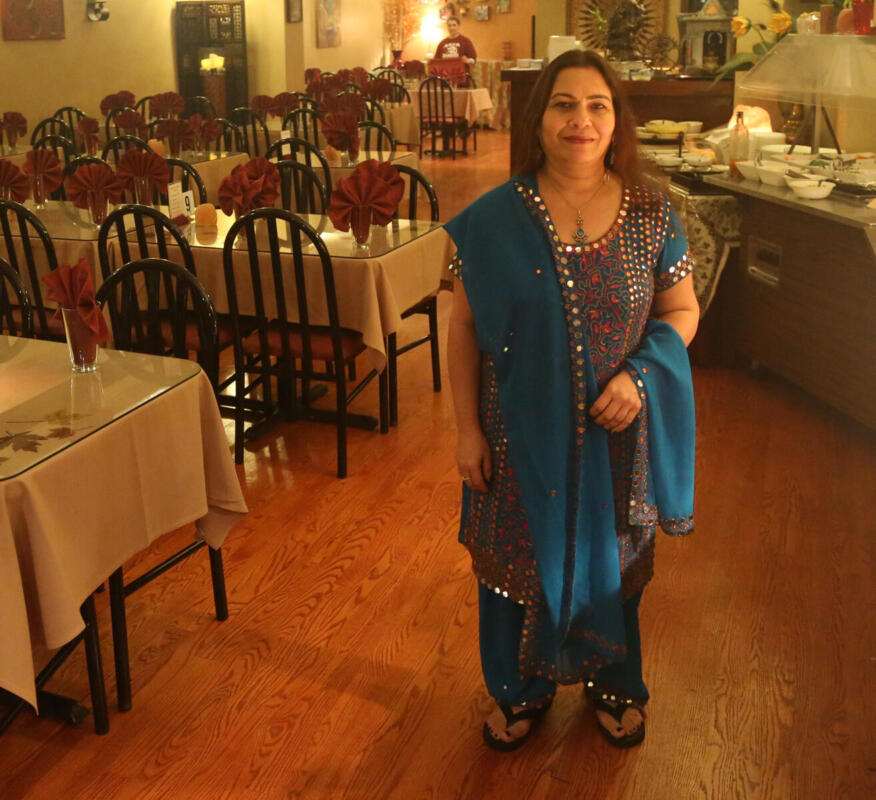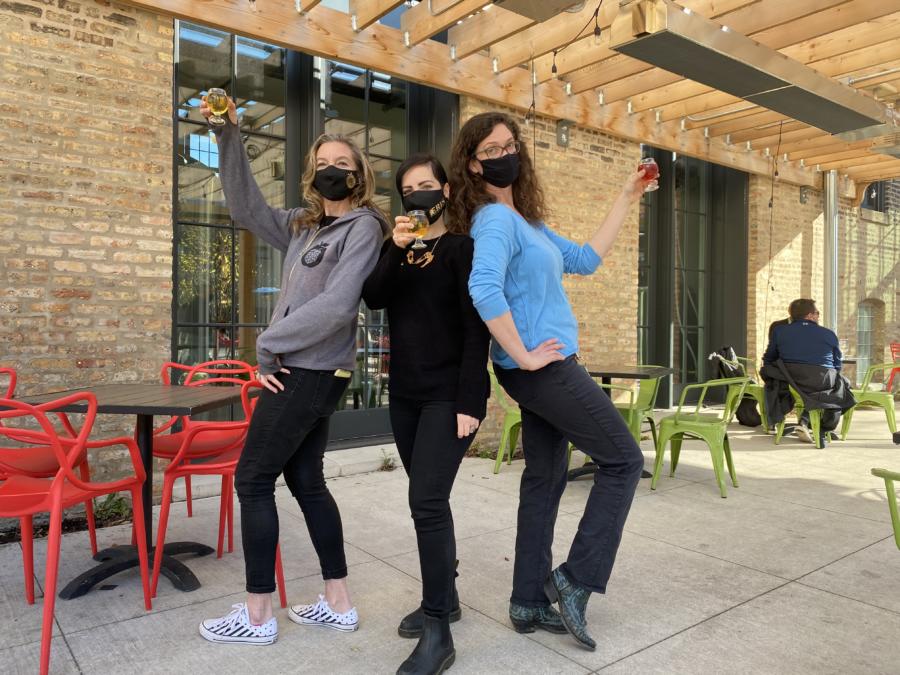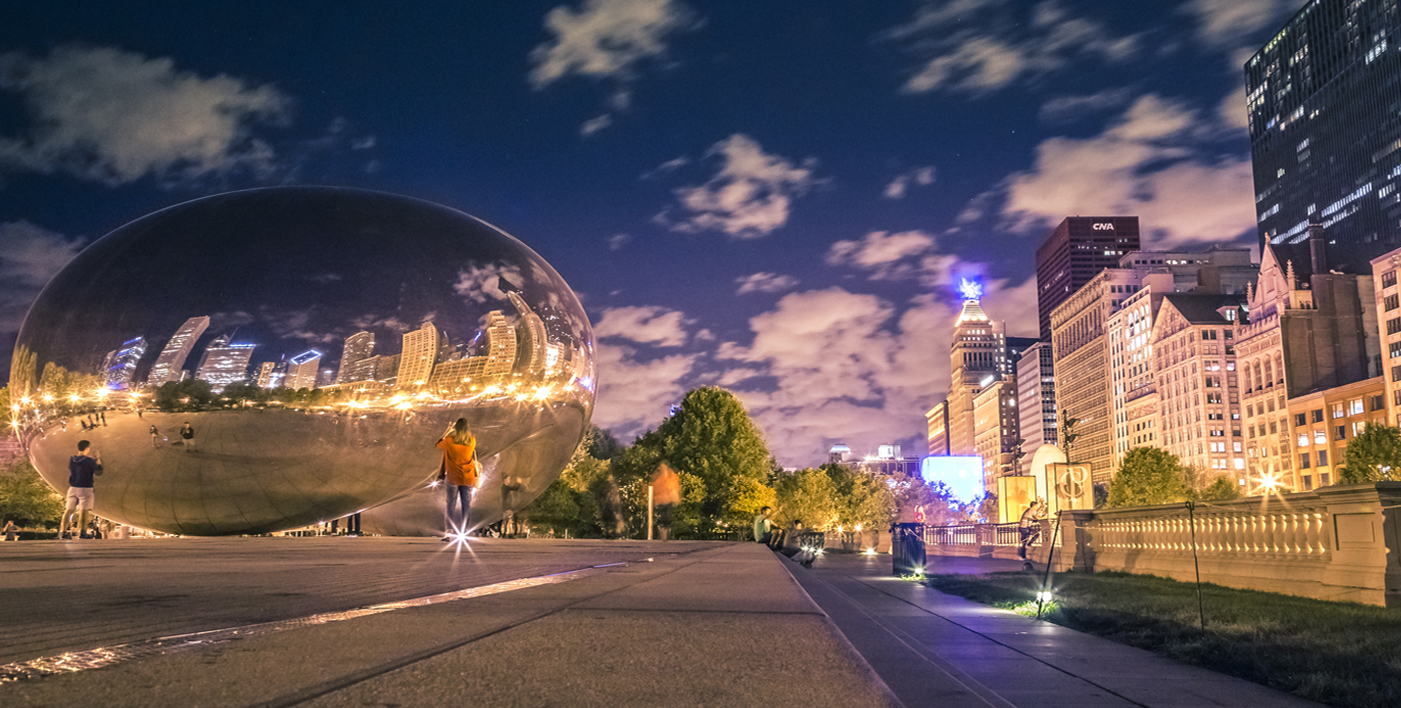Michelle Foik & Wendi Cabo: ERIS Brewery and Cider House
Michelle Foik, Wendi Cabo, and Katy Pizza are the all-women team behind ERIS Brewery in Irving Park.
“It’s the first brewery in the state of Illinois that’s owned and operated by women. I think the first time I ever got nervous was when my business partner Katy Pizza and I opened the doors and I’m like, ‘Oh my gosh, this is really happening now.’
We bought the building in July 2015. It was the first building we looked at. It’s an old Masonic temple that was built in the 1900s. And when we walked in, it’s just this big, beautiful open space with windows and lights and it’s so cool.
We have been just inundated with people that believe in the same things that we believe in, that want to support a woman-ran business. It’s quite amazing, we see a lot of diversity within the clientele that come in the doors. It’s great to be welcomed by everyone.” — Michelle Foik
“The neighborhood has been so supportive of us and we see a lot of new faces even through all of this. And seeing the same people come in all the time, you get to know them, you get to know their families. It really means a lot. And they’ve really been there for us through all of it.
We just want everyone to come in and have an experience that means something to them because it means a lot to us to do everything that we’re doing.” — Wendi Cabo
Learn more

